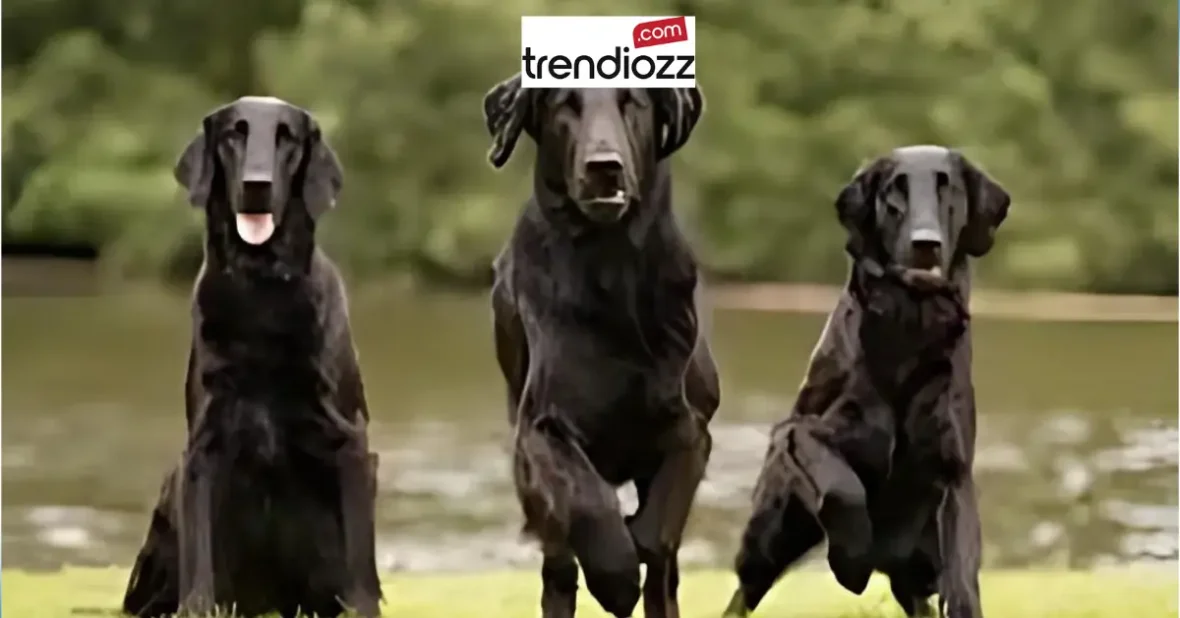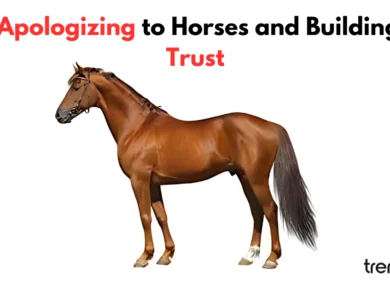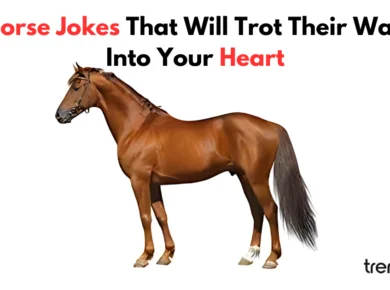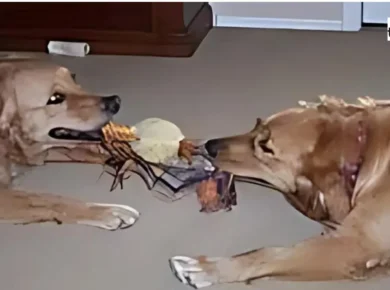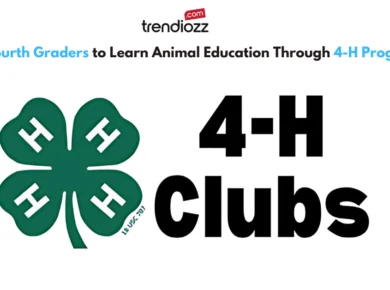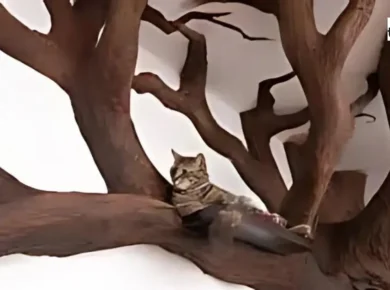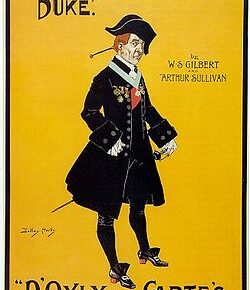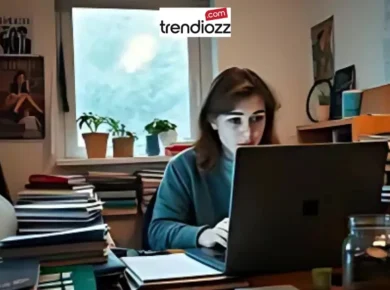If you’re looking for a playful, energetic, and affectionate dog, flat coated retriever puppies might be just what you’re searching for. Known for their glossy black or liver coats and a personality that lights up a room, these pups make incredible companions. Whether you’re a first-time dog owner or a seasoned pet parent, understanding the nuances of this breed is crucial for raising a happy and healthy puppy.
In this guide, we’ll dive into everything from their history and temperament to training tips and health care. By the end, you’ll have a clear idea of whether a flat coated retriever puppy is the right choice for your home.
Facts about Flat Coated Retriever Puppies
| Trait | Description |
|---|---|
| Breed Group | Sporting |
| Size | Medium to Large (60-80 pounds) |
| Coat Type | Flat, glossy, and water-resistant |
| Coat Colors | Black or Liver |
| Temperament | Friendly, energetic, and playful |
| Exercise Needs | High (at least an hour per day) |
| Grooming | Moderate (regular brushing required) |
| Lifespan | 10-14 years |
| Good with Children? | Yes, excellent family pets |
| Common Health Issues | Hip dysplasia, cancer, ear infections |
History of Flat Coated Retriever Puppies
The flat coated retriever originated in the mid-19th century in England, bred primarily for hunting and retrieving. Their ancestors include a mix of spaniels, setters, and early retrievers, resulting in the friendly, hardworking dogs we know today. Flat coated retrievers were developed to work closely with hunters, retrieving game from both land and water, making them versatile and highly skilled working dogs.
By the early 20th century, flat coated retrievers gained popularity, but the rise of other retriever breeds like the Golden Retriever saw their numbers decline. Thankfully, enthusiasts of the breed have worked diligently to preserve this intelligent and affectionate dog, making them beloved family pets today.
Why Choose a Flat Coated Retriever Puppy?
Getting a puppy is a big decision, and when you’re choosing a breed, it’s essential to match your lifestyle with the dog’s needs and temperament. Flat coated retriever puppies stand out for several reasons:
- Loyal Companions: These pups are incredibly affectionate and form strong bonds with their families.
- High Energy: If you’re an active person, a flat coated retriever will be your perfect exercise partner. They love hiking, swimming, and fetching.
- Friendly Temperament: Known for their friendly nature, they are great with children and get along well with other pets.
- Intelligent and Trainable: These retrievers are smart and eager to please, making training easier when consistent and positive methods are applied.
Physical Traits and Characteristics of Flat Coated Retriever Puppies
A flat coated retriever puppy has a few distinguishing features that make them stand out:
- Coat: As the name suggests, the breed sports a glossy, flat-lying coat that can be black or liver in color. Their fur is often shiny and sleek, and it’s relatively easy to maintain.
- Size: Adult flat coated retrievers weigh between 60 to 80 pounds, with males being larger than females.
- Face: They have a long, straight muzzle, expressive brown eyes, and a “forever puppy” face that many find irresistible.
- Build: They have an athletic build, designed for endurance, with strong legs and a body that’s perfect for running or swimming.
Temperament of Flat Coated Retriever Puppies
Flat coated retriever puppies are known for their upbeat, cheerful attitude. They love being around people and are always up for a game of fetch or a cuddle on the couch. Here are a few key points to know about their personality:
- Friendly: They’re social butterflies. You’ll rarely find a flat coated retriever that’s shy or standoffish.
- Playful: Even into adulthood, these dogs retain their puppy-like enthusiasm for life. They love toys, playtime, and socializing with other dogs.
- Intelligent: Their intelligence is one of their greatest assets. With proper training, they can excel in activities like agility, obedience, and even search-and-rescue work.
- Sensitive: Flat coated retrievers are in tune with their families. They may be sensitive to harsh training methods, so it’s important to be patient and use positive reinforcement.
Training Flat Coated Retriever Puppies
Training your flat coated retriever puppy is a rewarding experience, but like any breed, it requires patience and consistency. The following advice will help you get started:
1. Start Early
Puppies are like sponges—ready to absorb information quickly. Begin training your flat coated retriever as soon as you bring them home, focusing on basic commands like “sit,” “stay,” and “come.”
2. Positive Reinforcement
Flat coated retrievers are sensitive dogs. They respond best to positive reinforcement, which means rewarding good behavior with treats, praise, and playtime. Avoid harsh punishments, as they can make your dog anxious or fearful.
3. Socialization is Key
Expose your puppy to different people, environments, and other animals early on. Proper socialization helps them grow into well-rounded, confident adults. Puppy classes or dog parks can be great for this.
4. Mental Stimulation
Being an intelligent breed, flat coated retrievers need mental challenges to prevent boredom. Puzzle toys, advanced training, and even scent work are great ways to keep their minds sharp.
Health and Care for Flat Coated Retriever Puppies
Like all breeds, flat coated retriever puppies come with their own set of health concerns. Regular vet checkups, a balanced diet, and plenty of exercises are key to keeping your puppy healthy. Here are a few common health issues to watch out for:
- Hip Dysplasia: This is a genetic condition where the hip joint doesn’t fit properly into the hip socket. Regular vet visits and maintaining a healthy weight can help manage this issue.
- Cancer: Unfortunately, flat coated retrievers have a higher predisposition to certain cancers. Early detection through routine veterinary care is important.
- Ear Infections: With their love of water, flat coated retrievers are prone to ear infections. Regular ear cleaning, especially after swimming, can prevent this.
Aside from regular vet visits, keeping your puppy active is important for their physical and mental well-being. Flat coated retrievers thrive with daily exercise, so a long walk, a run, or a game of fetch in the park is ideal.
Feeding Your Flat Coated Retriever Puppy
Feeding a flat coated retriever puppy a balanced and nutritious diet is essential for their growth and overall health. Puppies need high-quality food formulated for their age and size. Here’s what you need to keep in mind:
- Puppy-Specific Food: Choose a high-quality puppy formula that is rich in protein, healthy fats, and essential vitamins and minerals.
- Portion Control: Overfeeding can lead to obesity, which exacerbates health problems like hip dysplasia. Follow your vet’s guidelines on portion sizes.
- Avoid Table Scraps: While it’s tempting to share food with your pup, it’s best to avoid table scraps. Stick to dog-safe treats and foods.
How to Groom a Flat Coated Retriever Puppy
Grooming your flat coated retriever puppy is not only a way to keep them looking their best but also a bonding activity. Here’s what you should know:
- Brushing: Their long, glossy coat needs regular brushing to prevent tangles and mats. Aim for brushing at least once or twice a week.
- Bathing: Flat coated retrievers don’t need frequent baths. Every 4-6 weeks should be sufficient unless they get particularly dirty.
- Nail Trimming: Keep an eye on their nails and trim them regularly. Long nails can cause discomfort or even injury.
- Ear Care: Since flat coated retrievers are prone to ear infections, check and clean their ears regularly, especially after swimming.
Conclusion
Bringing a flat coated retriever puppy into your life can be one of the most rewarding experiences. Their boundless energy, loving nature, and striking appearance make them a popular choice for families and active individuals alike. However, it’s important to be prepared for the responsibility that comes with owning such a lively breed. With the right training, care, and plenty of love, your flat coated retriever puppy will grow into a loyal and devoted companion.
FAQs about Flat Coated Retriever Puppies
Q: Are flat coated retriever puppies good for first-time dog owners?
A: Yes, they are friendly, intelligent, and easy to train. However, they require a lot of exercise and attention, so they’re best suited for active owners.
Q: Do flat coated retriever puppies shed a lot?
A: Yes, they do shed, particularly during seasonal changes. Regular brushing can help manage shedding.
Q: How much exercise does a flat coated retriever puppy need?
A: Flat coated retrievers are high-energy dogs that need at least an hour of exercise a day to keep them happy and healthy.
Q: What is the lifespan of a flat coated retriever?
A: The average lifespan is around 10-14 years, with proper care and regular vet visits.
Q: Are flat coated retriever puppies good with children?
A: Yes, they are known for being gentle and playful with kids, making them excellent family pets.
